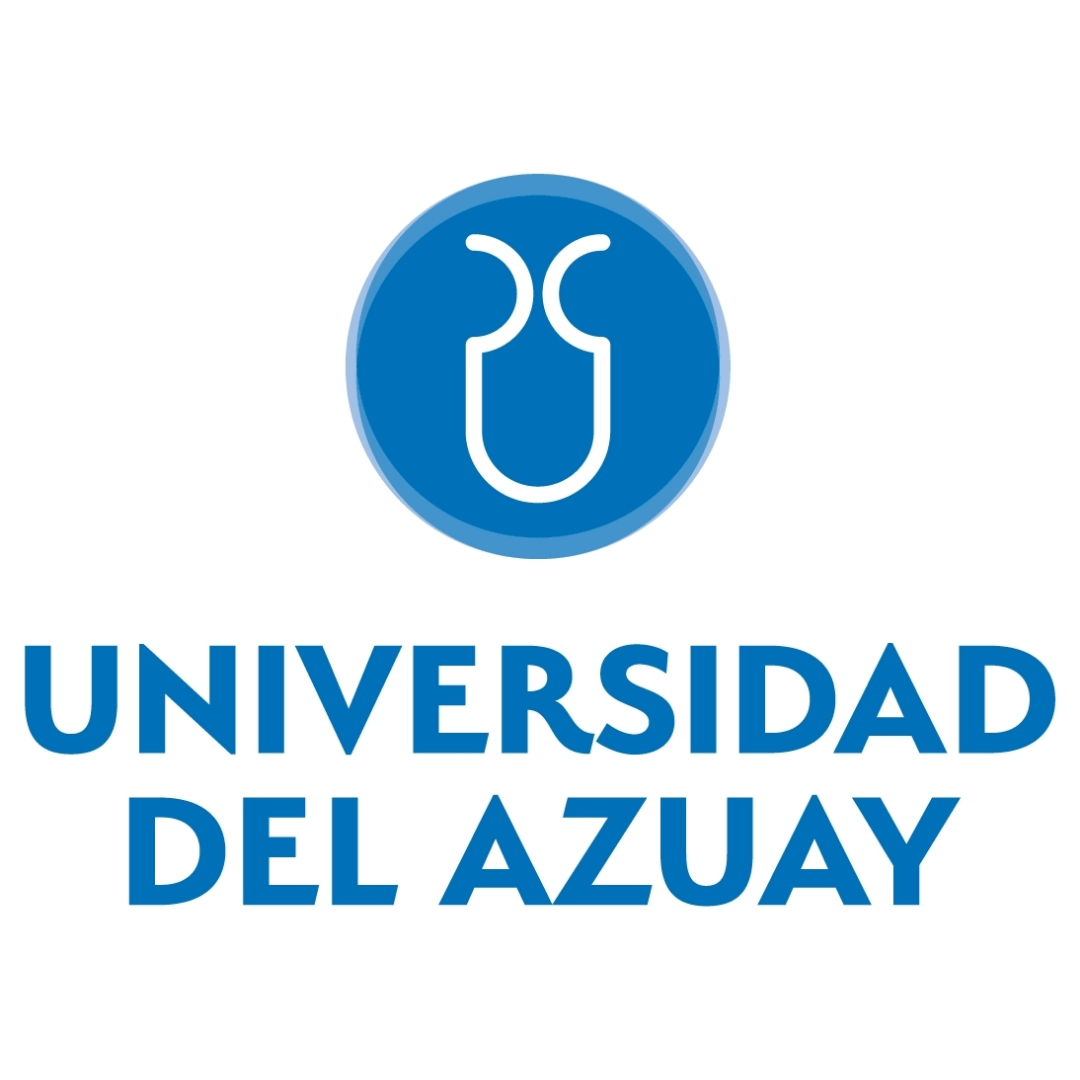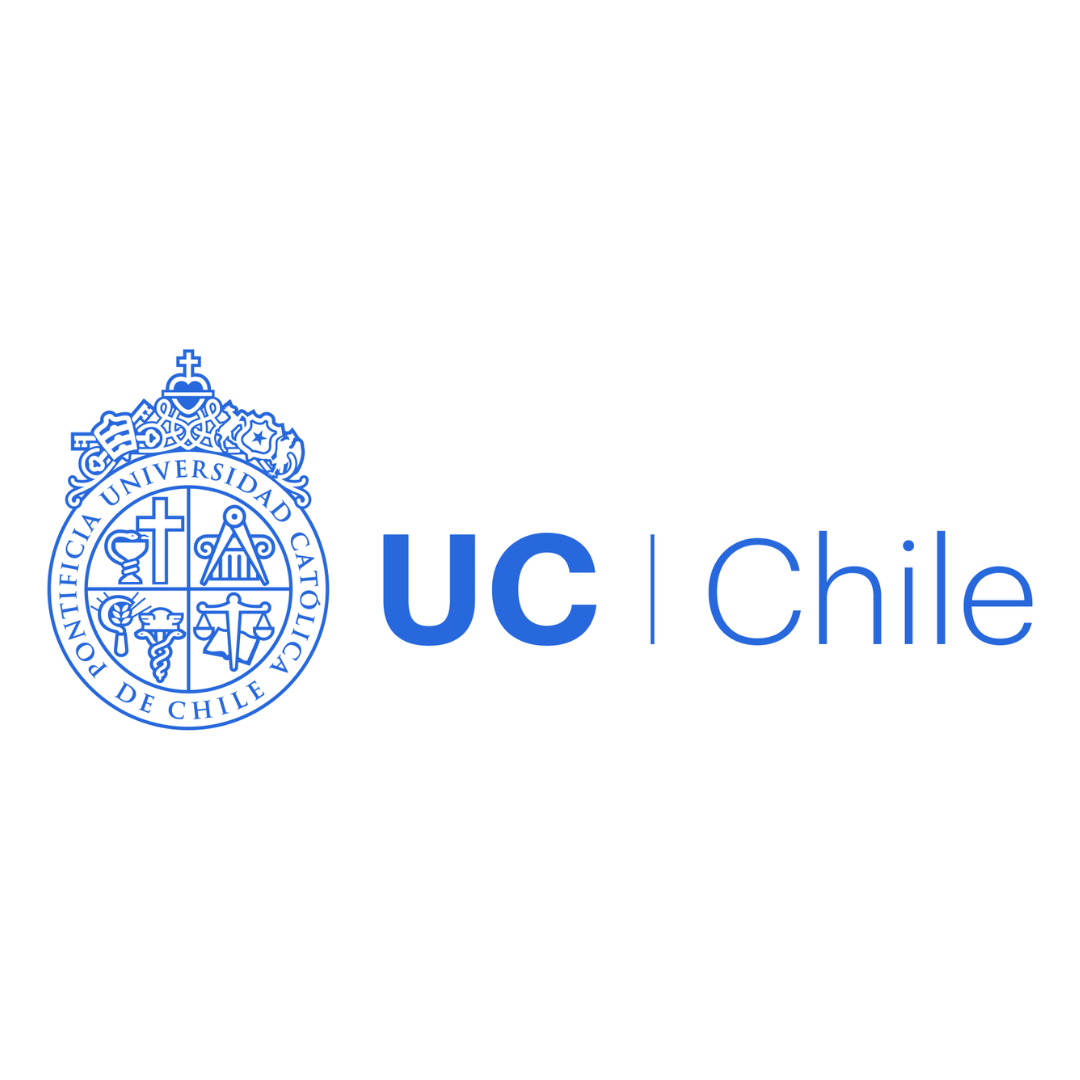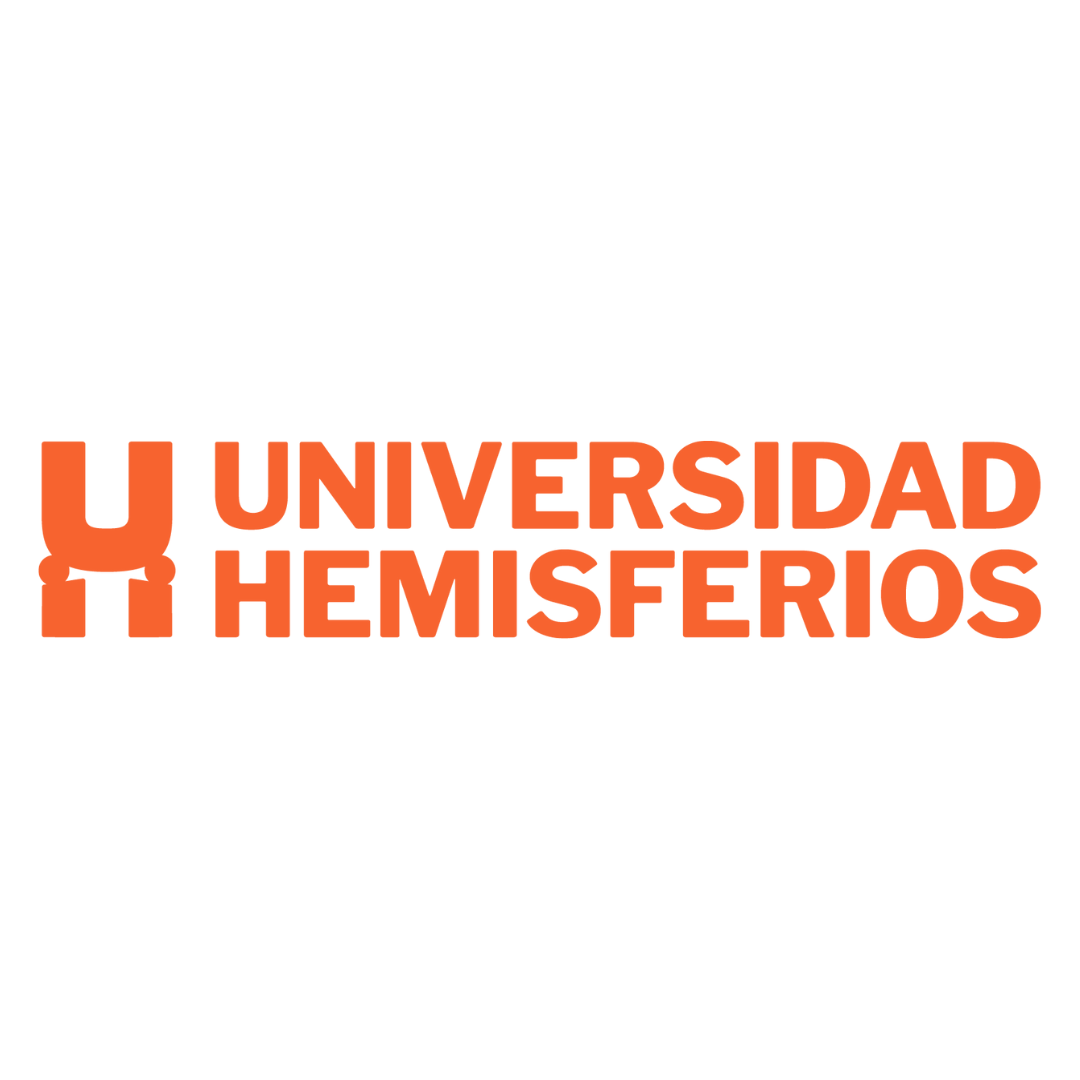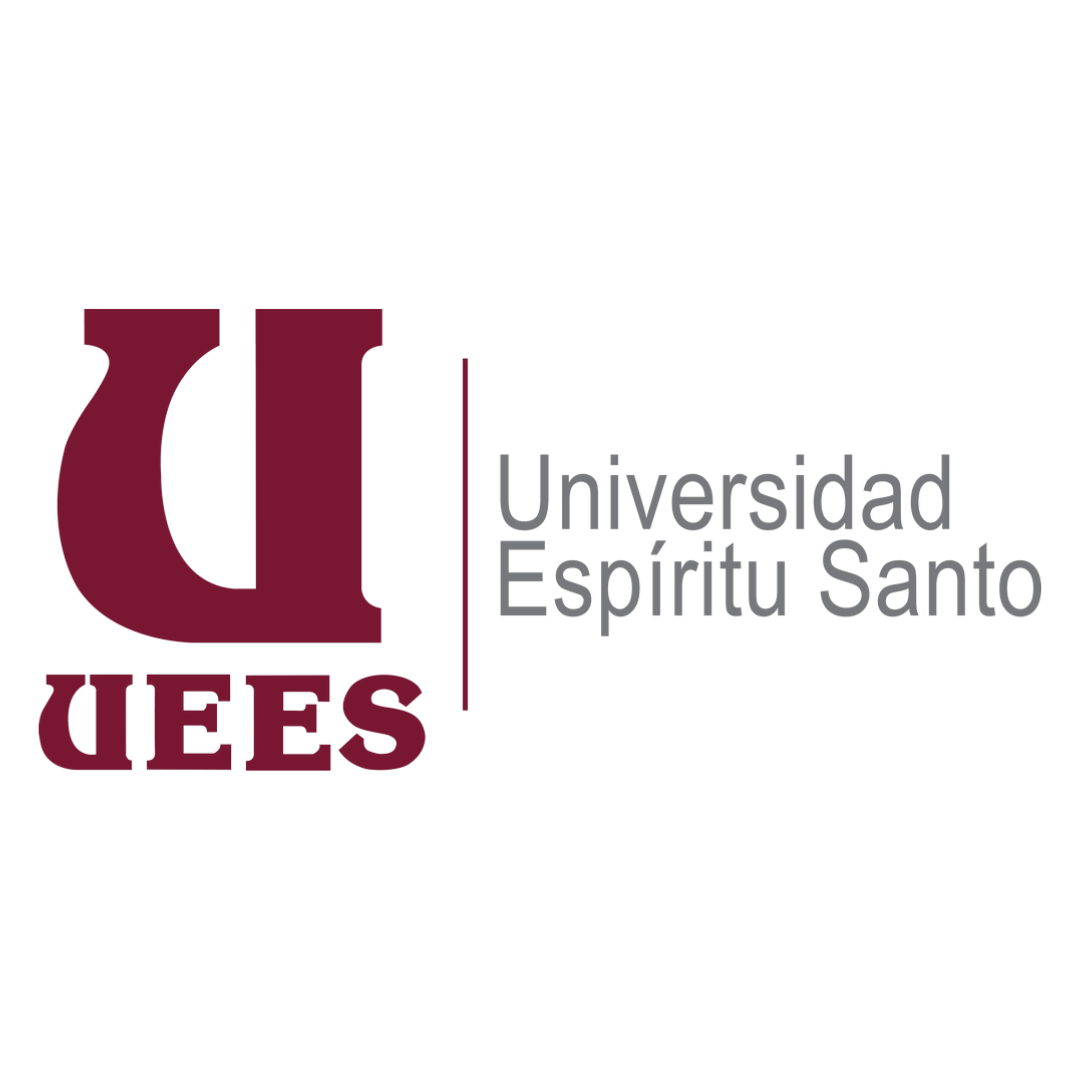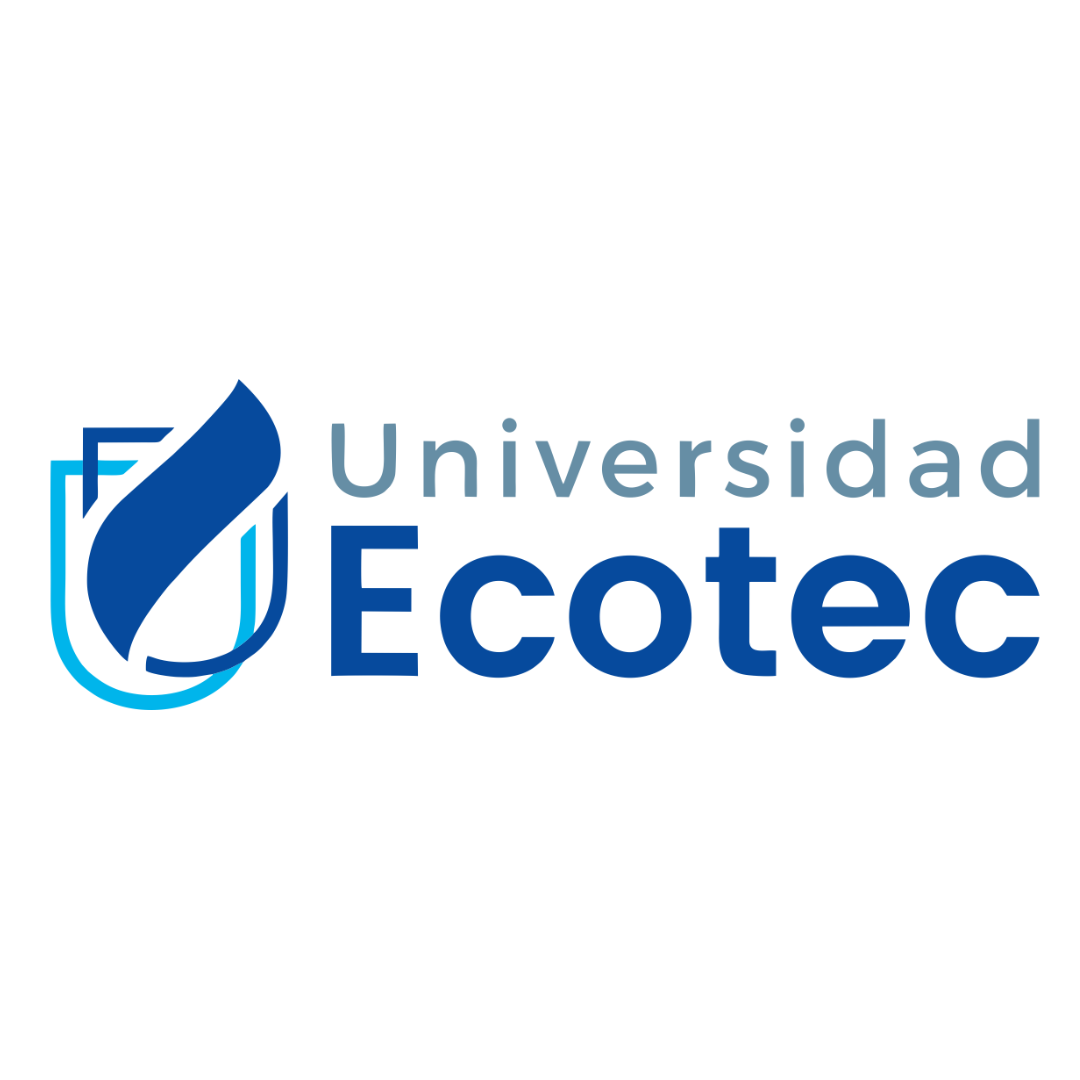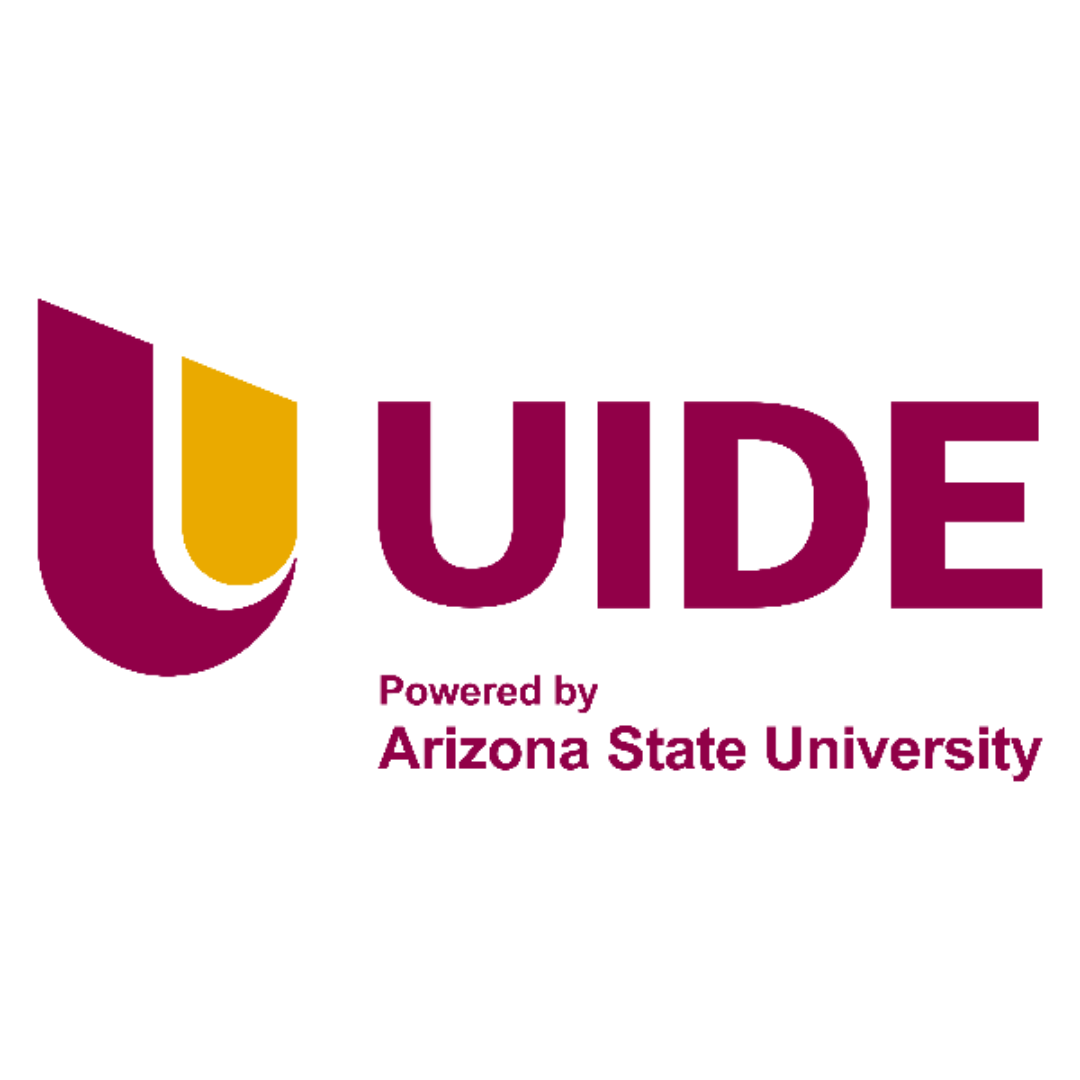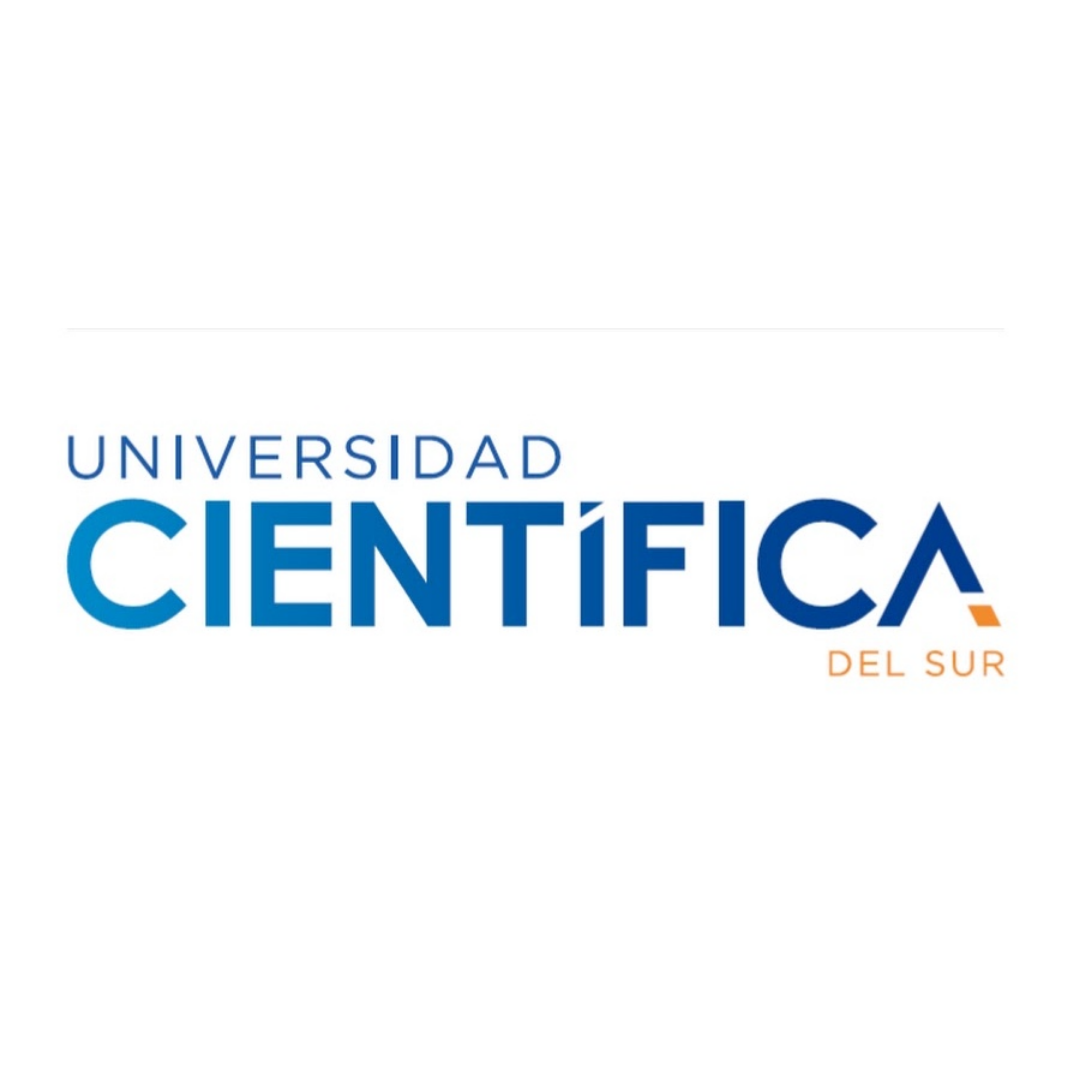University of Azuay
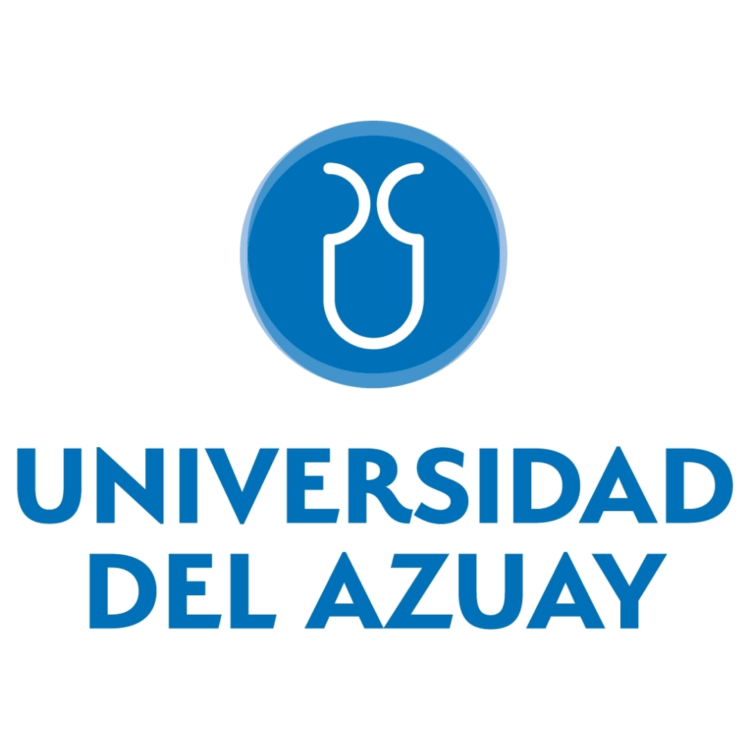 The University of Azuay is a community university located in Cuenca, Ecuador. We’ve been around since 1968.
The University of Azuay is a community university located in Cuenca, Ecuador. We’ve been around since 1968.
We have about 7,500 students enrolled in undergraduate and graduate programs. Our undergraduate courses are offered through 33 schools spread across seven faculties, and we also offer master’s degrees and specializations at the graduate level. Our programs are designed to meet the needs of our region and country, with a strong commitment to serving society.
In 2006, we became the first university in Ecuador to earn accreditation from the National Evaluation and Accreditation Council (CONEA). According to the 2023 Times Higher Education Impact Rankings, we rank between 400-600 globally and second in Ecuador. We’ve also committed to reducing carbon emissions and creating a sustainable future through our Universidad del Azuay Sustainability Plan, which runs from 2023 to 2030 and aligns with the United Nations Sustainable Development Goals.
Contact
Carla Salgado
Web and Social Media
Web: https://sustainable.uazuay.edu.ec
Instagram: https://www.instagram.com/uda.oficial/
Facebook: https://www.facebook.com/uazuay
LinkedIn: https://www.linkedin.com/school/universidad-del-azuay/mycompany/
Pontificia Universidad Católica de Chile
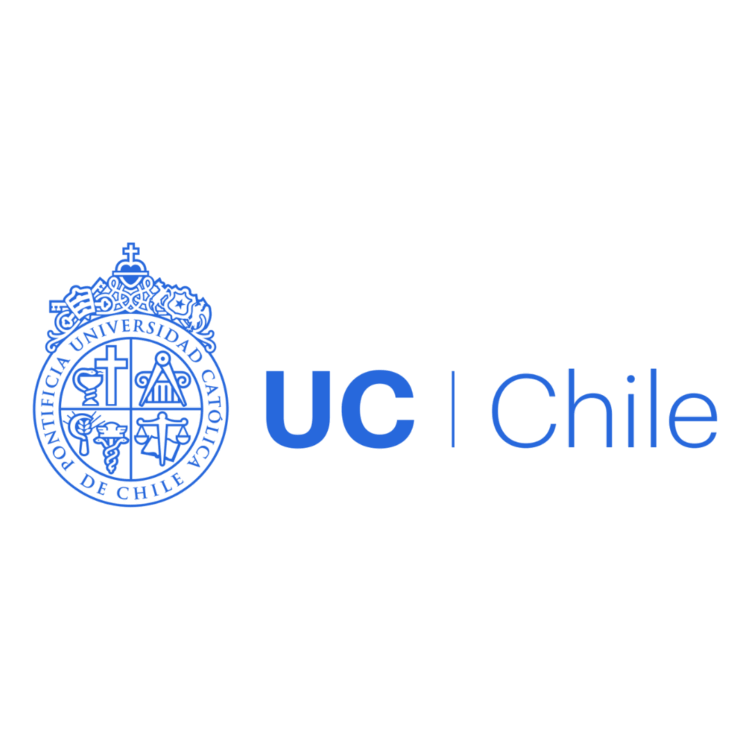 Pontificia Universidad Católica de Chile (UC Chile) has a strong commitment to society, inspired by its catholic identity and inclusive vocation. Through work on its five university campuses, it contributes to the common good and the development of solutions to challenges that the country and the region face.
Pontificia Universidad Católica de Chile (UC Chile) has a strong commitment to society, inspired by its catholic identity and inclusive vocation. Through work on its five university campuses, it contributes to the common good and the development of solutions to challenges that the country and the region face.
Founded in 1888, Pontificia Universidad Católica de Chile is one of the leading institutions in education and development of new knowledge in Chile and Latin America. UC Chile is ranked n°1 in the QS Latin America University Ranking.
Commitment to sustainability
UC Chile established its sustainability office in 2011, with focus on promoting sustainable management of campuses and fostering a culture of sustainability within its community. In 2018, the university created the Institute for Sustainable Development, an interdisciplinary unit aimed at coordinating and strengthening efforts in education and research. The university has developed a general training program in sustainability and integral ecology to ensure that all students at UC Chile take at least one sustainability course. Sustainability has also been incorporated into the graduation profile of students.
More recently, in 2019, the university committed to becoming carbon neutral by 2038, making it the first Chilean university to take on this challenge. The institution is implementing a strategy to reduce emissions, change the behaviour of the community, and promote sustainability through every activity.
Contact
[email protected]
Web and Social Media
Web: https://sustentable.uc.cl/
Instagram: https://www.instagram.com/ucsustentable/
Facebook: https://www.facebook.com/UCsustentable/
Universidad Hemisferios
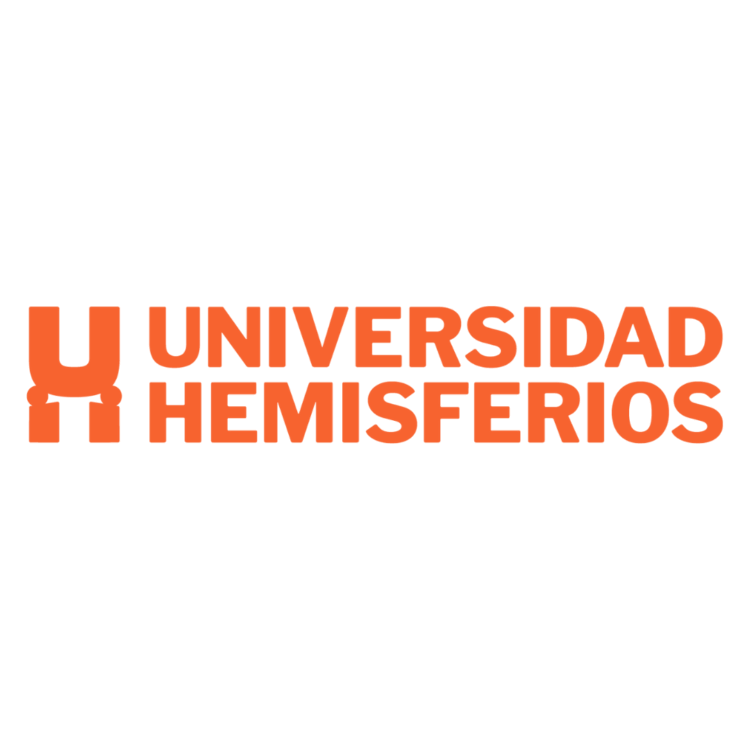 Universidad Hemisferios (UHE) is a private, non-profit institution founded in May 2004 that focuses on training professionals to transform society, in an ethical, humanistic, innovative, ecological and research environment.
Universidad Hemisferios (UHE) is a private, non-profit institution founded in May 2004 that focuses on training professionals to transform society, in an ethical, humanistic, innovative, ecological and research environment.
Following the strategic model, in 2021 the UHE obtained its EFQM certification (4 stars) of quality and excellence. The same year, the IDE Business School was accredited as part of the MBA's association.
UHE is currently part of ISCN, the Global Compact (and its Ecuadorian network), the University Global Coalition and the United Nations Academic Impact. Since 2019 it is part of the UI GreenMetric World University Rankings.
UHE has a 2,160-hectare biodiversity reserve in Cosanga, Napo province in the Ecuadorian Amazon, where an experimental campus is being planned. UHE main campus is located in Quito, and also has one in Guayaquil (IDE Business School).
Commitment to sustainability
UHE imprints in its different lines of action a humanist sustainability approach that goes beyond the social role and responsibility it has in teaching and in the production of knowledge for society’s development. From this perspective, the University promotes a culture that prioritizes the well-being of its students, collaborators, and the community; as well as the care of nature and the planet.
UHE’s commitment is reflected in the constant search for a positive change in the way in which the teaching, research, community outreach and management processes are developed; promoting that the impact and contribution to sustainability offers a differentiating value for society. This vision of university social responsibility is embodied in the Sustainability and Shared Value Policy that guides institutional actions.
Contact
Daniel Barragán
Director, Centro Internacional de Investigaciones sobre Ambiente y Territorio
[email protected]
Web and social media
Web: https://www.uhemisferios.edu.ec/sostenibilidad/
Facebook: https://www.facebook.com/CIIAT.uhe
Twitter: https://twitter.com/ciiat_UHE
Universidad Espíritu Santo
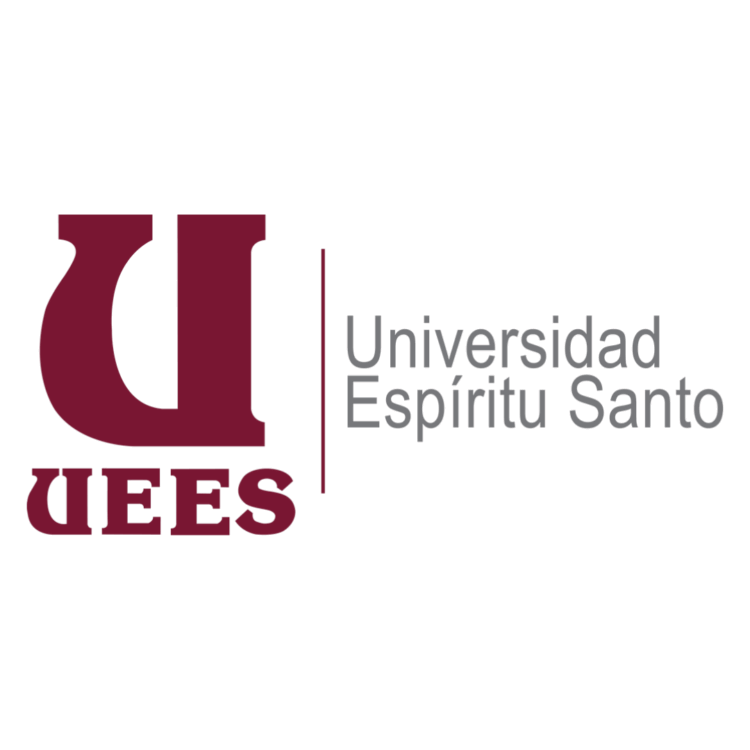 The Universidad Espíritu Santo, located in Samborondón Ecuador, is a private, self-financed, and non-profit higher education institution. It began its academic activities in 1994, with commitment and constant innovation, reflected in the quality of the service it offers to society and its university community. Its motto “NON PROGREDI REGREDIT EST” is a permanent imperative that drives personal and institutional progress and improvement.
The Universidad Espíritu Santo, located in Samborondón Ecuador, is a private, self-financed, and non-profit higher education institution. It began its academic activities in 1994, with commitment and constant innovation, reflected in the quality of the service it offers to society and its university community. Its motto “NON PROGREDI REGREDIT EST” is a permanent imperative that drives personal and institutional progress and improvement.
The UEES adhered to the United Nations Global Compact in 2010 and since then has demonstrated its commitment to university social responsibility and the principles of the Global Compact and the Sustainable Development Goals with clearly defined lines of research and research planning with its corresponding allocation of resources. The lines of research in development are: Health, Environment and Natural Resources, Social Sciences and Good Living, Marketing, Consumption and Society, Communication and Trends in Information, Construction and Computing and Telecommunications.
In the fulfillment of its commitment to the reduction of the carbon footprint, collective transport has been optimized for teachers, students and administrative staff, most lighting is LED, the use of water has been rationalized, we have several recycling programs, our students receive transversal subjects on sustainable development and ecological commitment and we have a vegetation cover that exceeds the built area.
Contact email: [email protected]
____________________________________________________________________
La Universidad Espíritu Santo situada en Samborondón – Ecuador, es una institución de educación superior, privada, autofinanciada, y sin fines de lucro. Inició sus actividades académicas en el año 1994, con compromiso e innovación constante, reflejado en la calidad del servicio que ofrece a la sociedad y a su comunidad universitaria. Su lema “NON PROGREDI REGREDIT EST” es un imperativo permanente que impulsa el progreso y mejoramiento personal e institucional.
La UEES se adhirió al Pacto Global de las Naciones Unidas en el año 2010 y desde entonces ha demostrado su compromiso con la responsabilidad social universitaria y con los principios del Pacto Global y los objetivos de Desarrollo sostenible, cuenta con líneas de investigación claramente definidas y una planificación de la investigación con su correspondiente asignación de recursos. Las líneas de investigación en desarrollo son: Salud, Medio Ambiente y Recursos Naturales, Ciencias Sociales y del Buen Vivir, Marketing, Consumo y Sociedad, Comunicación y Tendencias en la Información, Construcción y Computación y Telecomunicaciones.
En el cumplimiento de su compromiso con la disminución de la huella de carbono, se ha optimizado el transporte colectivo para los docentes, estudiantes y personal administrativo, la mayoría de Iluminaciones son led, se ha racionalizado el uso del agua, tenemos varios programas de reciclaje, nuestros estudiantes reciben materias transversales sobre desarrollo sostenible y compromiso ecológico y tenemos una cobertura vegetal que supera el área construida.
Contact email: [email protected]
Universidad Ecotec
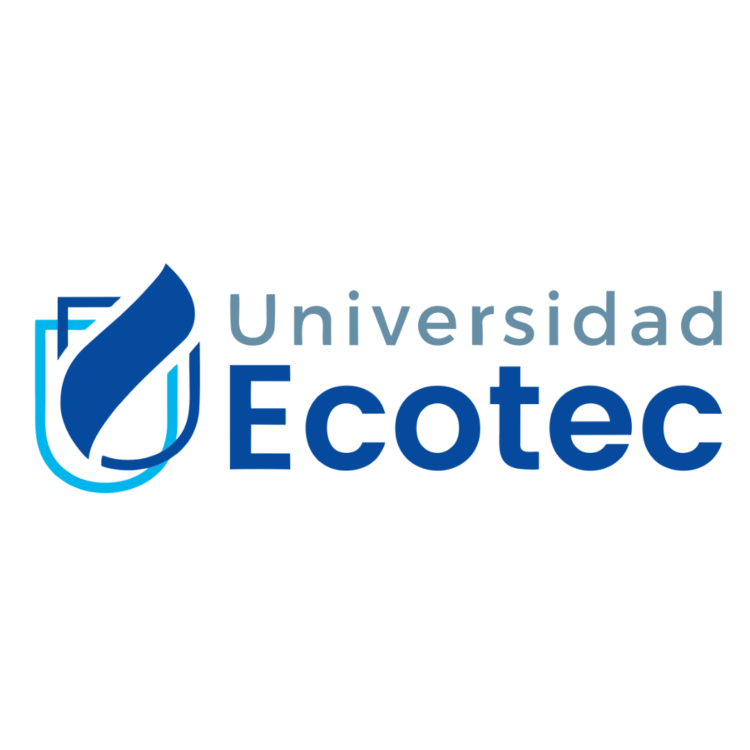 Universidad Ecotect is a dynamic and innovative university that continuously reimagines the role of higher education in sustainable development. Located in Ecuador, ECOTEC has stood out since 2007 for its commitment to academic excellence, sustainability, and social responsibility, preparing more than 10,000 students annually to tackle the challenges of a constantly evolving world.
Universidad Ecotect is a dynamic and innovative university that continuously reimagines the role of higher education in sustainable development. Located in Ecuador, ECOTEC has stood out since 2007 for its commitment to academic excellence, sustainability, and social responsibility, preparing more than 10,000 students annually to tackle the challenges of a constantly evolving world.
At the core of our initiatives lies sustainability, integrated into every aspect of our operations. From the implementation of solar panels and the use of an irrigation system connected to our wastewater treatment plant to innovative projects like ecological gardens and the bioremediation of mangrove ecosystems, sustainability is our driving force.
Our commitments include constantly evaluating our environmental impact through the lens of the Sustainable Development Goals, promoting a culture of recycling and composting on campus, and executing transformative projects like installing free EV charging stations powered by our solar panels. Additionally, we actively promote environmental education and encourage our university community to engage in activities that enhance sustainability at the local, regional, and national levels.
With a passionate community of students, faculty, researchers, and administrative staff, ECOTEC is dedicated to being a key player in solving the world’s most pressing challenges. Our initiatives not only benefit our immediate community but also aim to serve as a model for others on a global scale. Our vision is clear: to move toward carbon neutrality and build a future where education and sustainability go hand in hand.
Contact
Edgar Salas Luzuriaga
Web and Social Media
Web: https://www.ecotec.edu.ec
Instagram: @uecotec
LinkedIn: Universidad ECOTEC
University of São Paulo
 The University of São Paulo (USP) is a public university, funded by the State of São Paulo and affiliated with the State Secretariat of Economic, Scientific and Technological Development. Various world rankings, created to measure the quality of universities according to various criteria, particularly those related to scientific productivity, have widely recognized the talent and dedication of USP professors, students and employees.
The University of São Paulo (USP) is a public university, funded by the State of São Paulo and affiliated with the State Secretariat of Economic, Scientific and Technological Development. Various world rankings, created to measure the quality of universities according to various criteria, particularly those related to scientific productivity, have widely recognized the talent and dedication of USP professors, students and employees.
Contact: Fernanda da Rocha Brando Fernandez
University of Campinas
 The University of Campinas (Unicamp) was founded in 1962 with the goal of promoting science education in the industrial pole of São Paulo’s interior region. As of 2011, the university had 17,500 undergraduate students, 19,000 graduate students, and 2000 faculty members.
The University of Campinas (Unicamp) was founded in 1962 with the goal of promoting science education in the industrial pole of São Paulo’s interior region. As of 2011, the university had 17,500 undergraduate students, 19,000 graduate students, and 2000 faculty members.
Unicamp, which is responsible for around 15% of all Brazilian research,[2] has courses, colleges and institutes of medicine, nursing, speech therapy, pharmacy, dentistry, biology, physical education, chemistry, physics, mathematics (pure, applied and computational), statistics, computer science, engineering (control and automation, chemical, environmental, food, electrical, computer, mechanical, agricultural, and civil), architecture, geography, geology, economics, arts, music, social communication, literature, linguistics, philosophy, history and social science. It runs two professional vocational high schools, COTUCA (in Campinas) and COTIL (in Limeira).
Unicamp’s teaching hospital, Hospital de Clínicas, is the largest public hospital in the region. Unicamp has a semi-independent structure of more than 20 interdisciplinary centers, labs, and groups.
Contact
Universidad Internacional del Ecuador
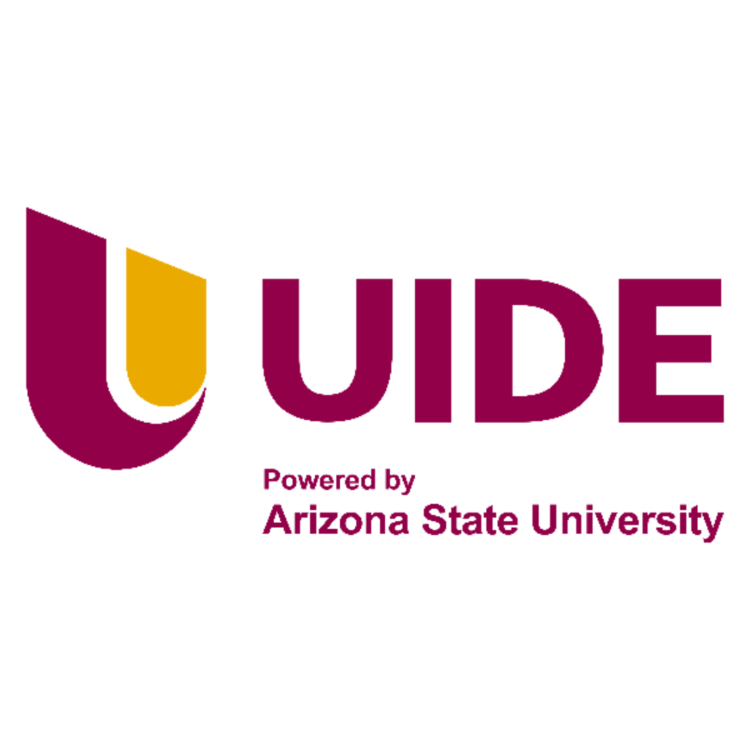 Universidad Internacional del Ecuador (UIDE) is a private University committed with providing high quality education and promoting the formation of global leaders, capable of reinventing themselves through innovation, sustainability and internationalization.
Universidad Internacional del Ecuador (UIDE) is a private University committed with providing high quality education and promoting the formation of global leaders, capable of reinventing themselves through innovation, sustainability and internationalization.
Since 2021 UIDE decided to join the Cintana Alliance and announced its world-class affiliation with Arizona State University (ASU). This initiative allowed the institution to join a consortium of high-impact universities that enabled its students, professors and researchers to access new opportunities for learning and scientific development.
The UIDE powered by ASU has the Galapagos Research Station; 3 university campuses located in Quito, Guayaquil and Loja; it is part of ISCN; has an Alliance with the United Nations´ Global Compact Network and has a Green Point Certificate provided by the Ministry of Environment of Ecuador.
Contact: Andrea Jaramillo – [email protected]
Universidad Internacional del Ecuador (UIDE) es una institución comprometida en brindar una educación de calidad y formar líderes globales, capaces de reinventarse a través de la innovación, la sostenibilidad y la internacionalización.
En 2021 se une a Cintana Alliance y anuncia su afiliación de clase mundial a Arizona State University (ASU), iniciativa que le permite ingresar a un consorcio de universidades de alto impacto, a fin de brindar a sus estudiantes y docentes-investigadores el acceso a nuevas oportunidades de aprendizaje y desarrollo científico.
La UIDE powered by ASU cuenta con el Galápagos Research Station; tres sedes universitarias ubicadas en Quito, Guayaquil y Loja; forma parte de ISCN, de la Alianza con la Red Pacto Global de Naciones Unidas; y tiene el Certificado Punto Verde del Ministerio de Ambiente del Ecuador.
Contacto: Andrea Jaramillo – [email protected]
Universidad Cientifica del Sur
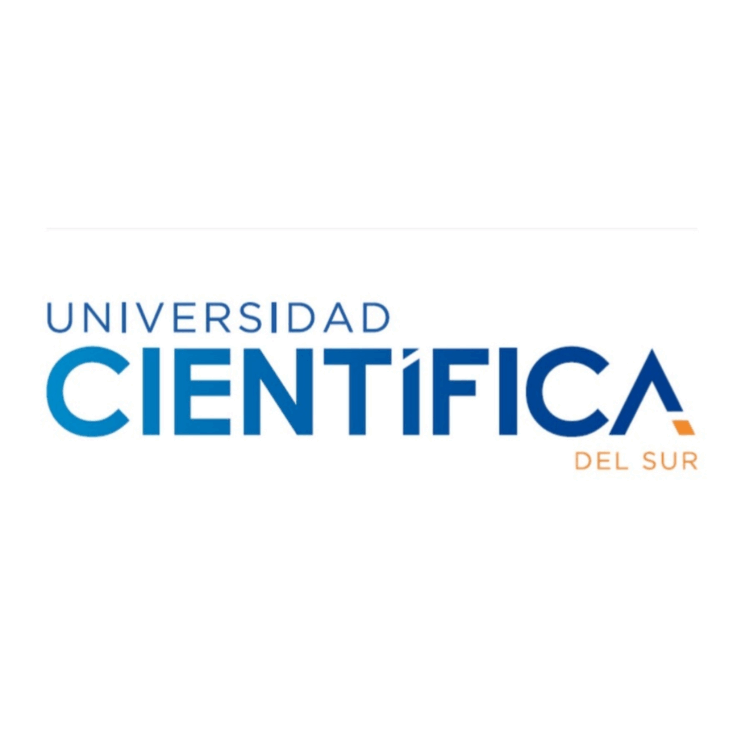 Universidad Cientifica del Sur (UCDS) forms leaders committed to human, social and environmental development. UCDS offers a quality education for the labor market, based on a personalized education and the approach to their profession from the first semester.
Universidad Cientifica del Sur (UCDS) forms leaders committed to human, social and environmental development. UCDS offers a quality education for the labor market, based on a personalized education and the approach to their profession from the first semester.
UCDS has a modern infrastructure and the necessary components to form you as a high-class professional. It has 19 professional careers within the Faculties of Health Sciences, Environmental Sciences, Business Sciences, Human Sciences and Veterinary and Biological Sciences.
Contact email: [email protected]
Pontifical Catholic University of Peru
 The Pontifical Catholic University of Peru (PUCP), founded in Lima in 1917, is our nation’s number one university, one of the twenty-five best universities in Latin America and the only Peruvian university to be listed among the top five-hundred universities in the world in the international rankings. This placement is recognition of the quality of its education, research, publications, social responsibility, contribution to culture and indisputable institutional and academic leadership. None of this would be possible without the continuing efforts of all those who together comprise this institution: its professors, students, general staff and graduates.
The Pontifical Catholic University of Peru (PUCP), founded in Lima in 1917, is our nation’s number one university, one of the twenty-five best universities in Latin America and the only Peruvian university to be listed among the top five-hundred universities in the world in the international rankings. This placement is recognition of the quality of its education, research, publications, social responsibility, contribution to culture and indisputable institutional and academic leadership. None of this would be possible without the continuing efforts of all those who together comprise this institution: its professors, students, general staff and graduates.
Contact email: [email protected]
